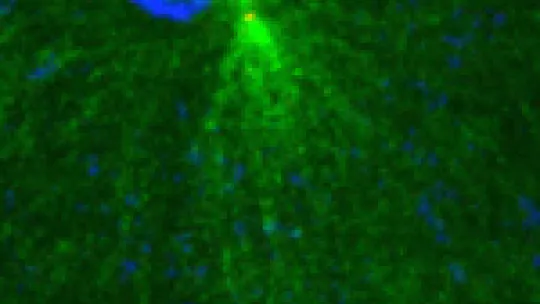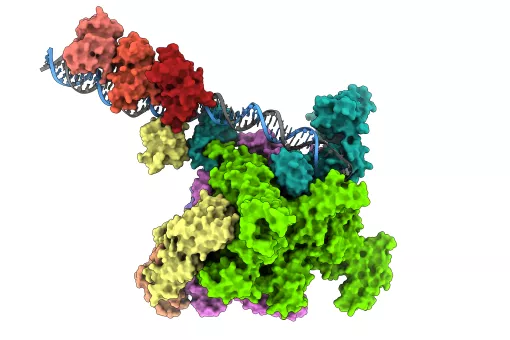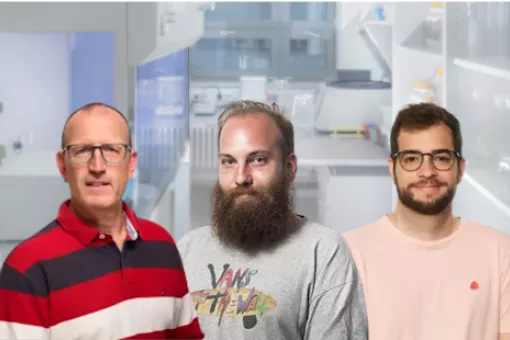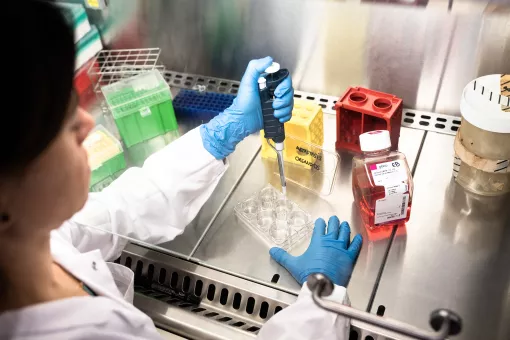Images
This finding shows that centrosomes, organelles inside the cell responsible for organizing the microtubule network, are required for the correct development of an organism.
To date, little is known about the centrosome. The identification of new centrosome proteins is one of the challenges addressed by Cayetano González’s lab at IRB Barcelona.
Published today in Current Biology, the study performed by this lab describes one of these proteins, called Asterless, and reports that the function of Asterless is largely structural, and facilitates the assembly of the external part of the centrosome (the PCM).
Recent studies have proposed that centrosomes are for the most part not essential for the development of the fruit fly (Drosophila melanogaster). The research published by the IRB Barcelona scientists contradicts this hypothesis. According to Salud Llamazares, one of the researchers with this lab, "if Asterless is absent, the structure of the centrosome is greatly impaired, which results in serious consequences for cell activity and the viability of the organism. For example, when this protein is not expressed, embryo development stops at fertilization."
Human cells have a protein known as CEP152, which, as explained by José Reina from the IRB Barcelona lab, shares many similarities with Asterless, the fly protein. "To date, nothing is known about CEP152 activity. The study on its homologue Asterless is providing the first clues about the possible function of the human protein", comments Reina.
In humans, centrosome dysfunction is associated with numerous pathologies, including cancer, a field of research in which Cayetano González and his team have published several studies in recent years.
About IRB Barcelona
The Institute for Research in Biomedicine (IRB Barcelona) pursues a society free of disease. To this end, it conducts multidisciplinary research of excellence to cure cancer and other diseases linked to ageing. It establishes technology transfer agreements with the pharmaceutical industry and major hospitals to bring research results closer to society, and organises a range of science outreach activities to engage the public in an open dialogue. IRB Barcelona is an international centre that hosts 400 researchers and more than 30 nationalities. Recognised as a Severo Ochoa Centre of Excellence since 2011, IRB Barcelona is a CERCA centre and member of the Barcelona Institute of Science and Technology (BIST).





